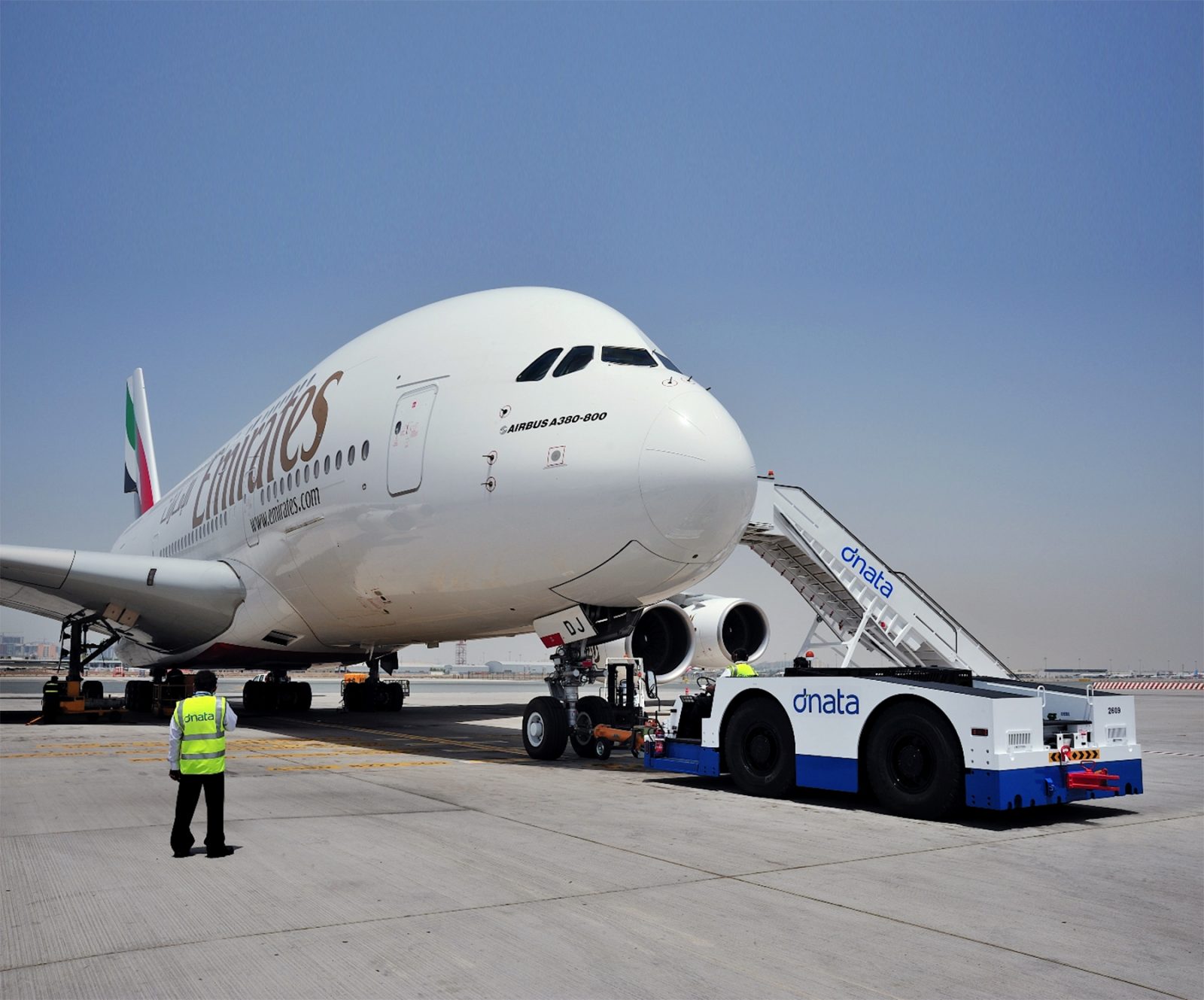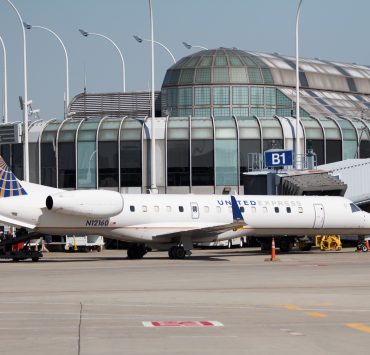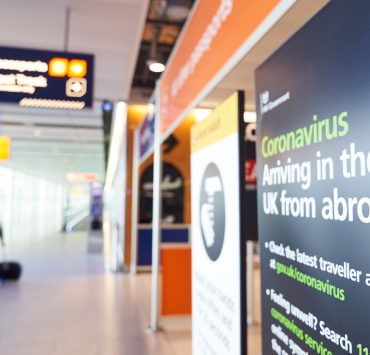
Emirates announced plans on Wednesday to start using its fleet of Airbus A380’s as ‘mini freighters’ as it responds to increased market demand for cargo capacity. Air freight has seen a boom in demand since the start of the global pandemic but a capacity crunch is feared through the winter as commercial flight schedules remain cut right back.
The first dedicated A380 cargo-only flight recently undertook a mission from Seoul, South Korea to Amsterdam, Netherlands via Dubai filled with around 50 tonnes of medical supplies.
For now, despite the size of the A380’s double-deck passenger cabin, Emirates is only using the belly-hold to transport cargo, which itself has been optimised to eek out every last bit of space.
In the near future, the airline said it also hoped to start using the passenger cabin to transport cargo. Emirates plans to load freight on seats, rather than stripping out the passenger cabin to make more room for cargo like other airlines have done.
Earlier this year, charter operator Hi Fly removed all the Economy Class seats from its single A380 to make more room for cargo. The first A380 of its kind to be adapted in this way will, however, soon be decommissioned by Hi Fly when the lease on the plane expires.
As well as a dedicated fleet of Boeing 777 freighter aircraft, Emirates has also adapted 14 of its Boeing 777-300 fleet to transport freight in the passenger cabin.
The airline’s fleet of A380’s remain largely grounded with Emirates deploying the superjumbos on just a handful of routes. A380 pilots were recently asked to take up to 12-months of unpaid leave because the A380 remains surplus to requirements for passenger capacity.
But while passenger demand remains severely depressed, air cargo demand has never been greater. There are fears that capacity might not be able meet demand during the winter period, compounded by the need to transport forthcoming COVID-19 vaccines.
Emirates recently reactivated its Dubai World Central cargo terminal in preparation for the mammoth effort of distributing vaccines to the world. An Emirates SkyCargo vaccine hub at the airport will be the largest such facility in the world according to Emirates’ chief executive Sheikh Ahmed bin Saeed Al Maktoum.
The facility has over 4,000 square metres of temperature controlled pharma storage capable of storing around 10 million doses of vaccine at between 2-8 degrees Celsius.
The Pfizer/BioNTech vaccine, however, must be stored at around -70C (-94F). Pfizer has admitted that the ultra-cold storage conditions might pose “challenges” for distributing the vaccine that in preliminary results was found to be 90 per cent effective.
Luckily, there is a workaround. Pfizer has developed a special storage box that once packed with dry ice can keep 5,000 doses of the vaccine at the correct temperature for up to 10 days.
Mateusz Maszczynski honed his skills as an international flight attendant at the most prominent airline in the Middle East and has been flying throughout the COVID-19 pandemic for a well-known European airline. Matt is passionate about the aviation industry and has become an expert in passenger experience and human-centric stories. Always keeping an ear close to the ground, Matt's industry insights, analysis and news coverage is frequently relied upon by some of the biggest names in journalism.









